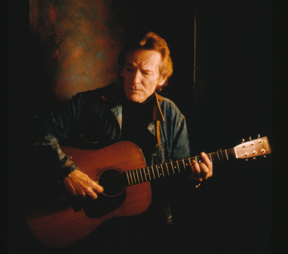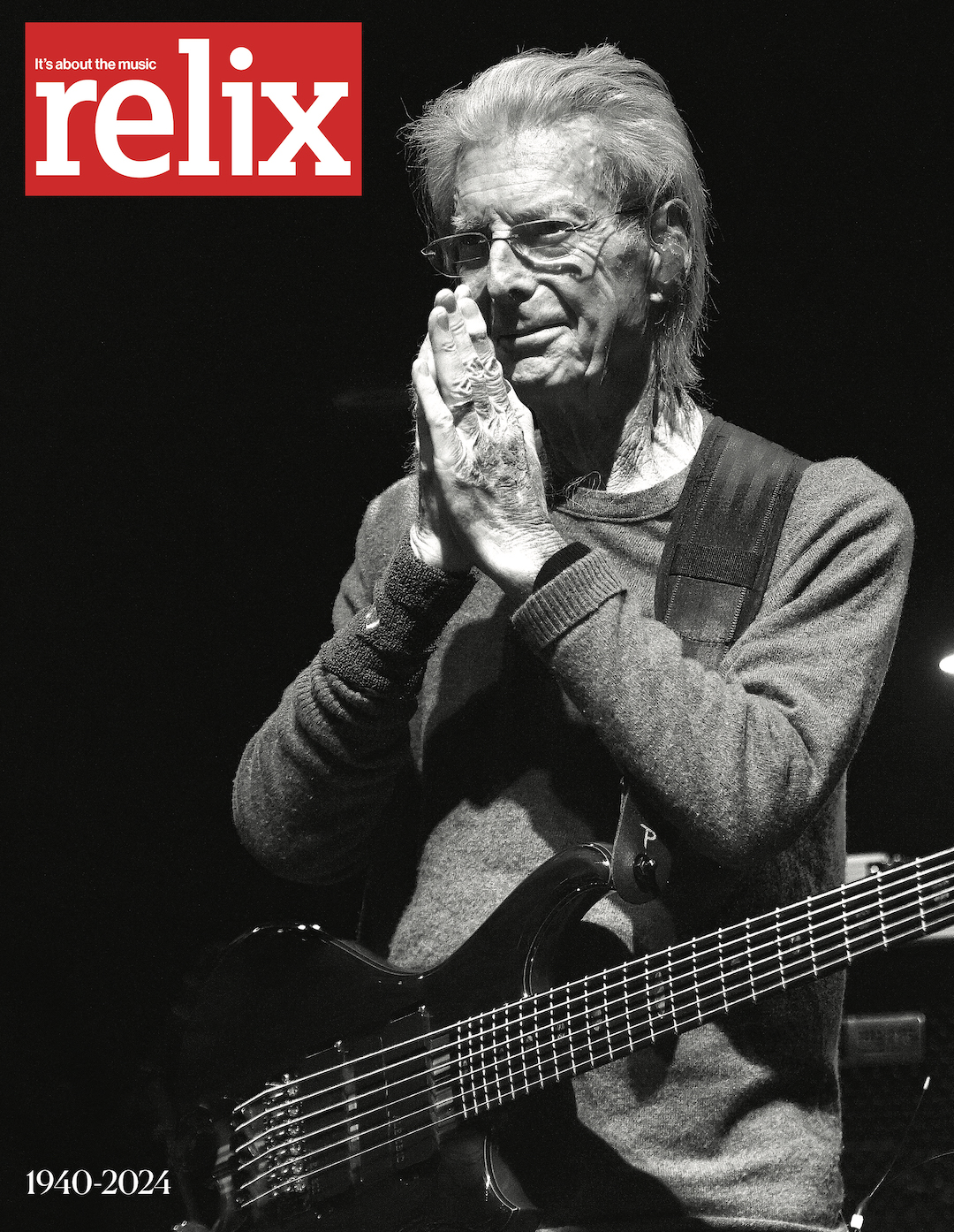Rearview Mirror: Gordon Lightfoot
Last night in Edmonton Bob Dylan covered the Gordon Lightfoot song “Shadows.” Here’s more on the life and music of Lightfoot.

Gordon Lightfoot will never forget Feb. 18, 2010. That’s the day he found out that he had died. The iconic Canadian singer/songwriter was in his car at the time, feeling good about himself, when his huge early ‘70s hit “If You Could Read My Mind” came on the local Toronto radio station. He thought to himself, “Nice that people still want to hear this music.” Then, the song ended and, according to the 73 year old, “I heard my obituary being read on the CanWest news service. I said, ‘What the heck is going on here?!’ I just put my foot on the gas pedal and as soon as I got to my office, I called the radio station that I heard it on. Nobody knows where the rumor came from but I was able to stop it. I always go back to the old Mark Twain statement, ‘The reports of my death are greatly exaggerated.’”
Lightfoot is indeed alive and, although he’s had health issues, is doing quite well. He still tours, playing about 70 dates per year in Canada and the United States, and he recently released his first concert album since 1969, All Live (Rhino), a compendium of recordings from between 1998 and 2001 at Toronto’s Massey Hall, a venue that has been something of a second home to Lightfoot since he was an emerging folk singer in the mid ‘60s.
“I first worked my way through the bar and lounge and coffeehouse circuit for four or five years in Canada and in the States,” Lightfoot says. “I was signed to United Artists Records at that time, gaining some headway, and, eventually, I moved up to Massey. I did my first concert there in 1965. From then on, we did one every year for the next 20 years. Then, I stretched it out to every 18 months because we were getting so busy doing other things.”
All Live includes 19 of Lightfoot’s signature songs, including the four that reached the top 10 in the U.S. in the ‘70s: “If You Could Read My Mind,” “Sundown” (his sole number one hit), “Carefree Highway” and “The Wreck of the Edmund Fitzgerald.” It also includes “Early Morning Rain,” the song that broke Lightfoot as a go-to songwriter in the early ‘60s. That one was covered not only by folkies such as Ian & Sylvia and Peter, Paul & Mary but also by Elvis Presley, Bob Dylan and even the Warlocks, before they changed their name to the Grateful Dead ( “I have yet to hear it,” says Lightfoot about their recording).
Signed to a management contract with the legendary Albert Grossman – whose other clients included Dylan, Peter, Paul & Mary and Janis Joplin – Lightfoot’s earliest recordings on United Artists established him, but it wasn’t until he signed with Reprise Records in 1969 that things began to pick up for him commercially.
“There’s always an element of luck involved, and I was very lucky that I was produced in-house at Reprise because Lenny Waronker and Joe Wissert were two of the best producers and they took me on as an artist. Our first album [ Sit Down Young Stranger ] was very nice but it stalled out at one point. Then, all of a sudden, ‘If You Could Read My Mind’ popped out as the single and that got my engine started.”
That Lightfoot-penned classic – later covered by Johnny Cash and Barbra Streisand, among others – launched Lightfoot on what he calls “10 or 15 boom years.” Like many singer-songwriters of that peak era, his profile is not quite as high now, and he no longer writes new songs. “It’s such an isolating experience and it had a severe effect on two or three of my relationships,” he says about the process. But he still loves to go out and sing the ones that his loyal fan base never tires of. “I’m not getting any younger,” says Lightfoot, who nearly died – no hoax that time – from an abdominal aortic aneurysm in 2002. “I’m optimistic. I just hope that I stay healthy. I feel very fortunate to be able to continue this long.”



















